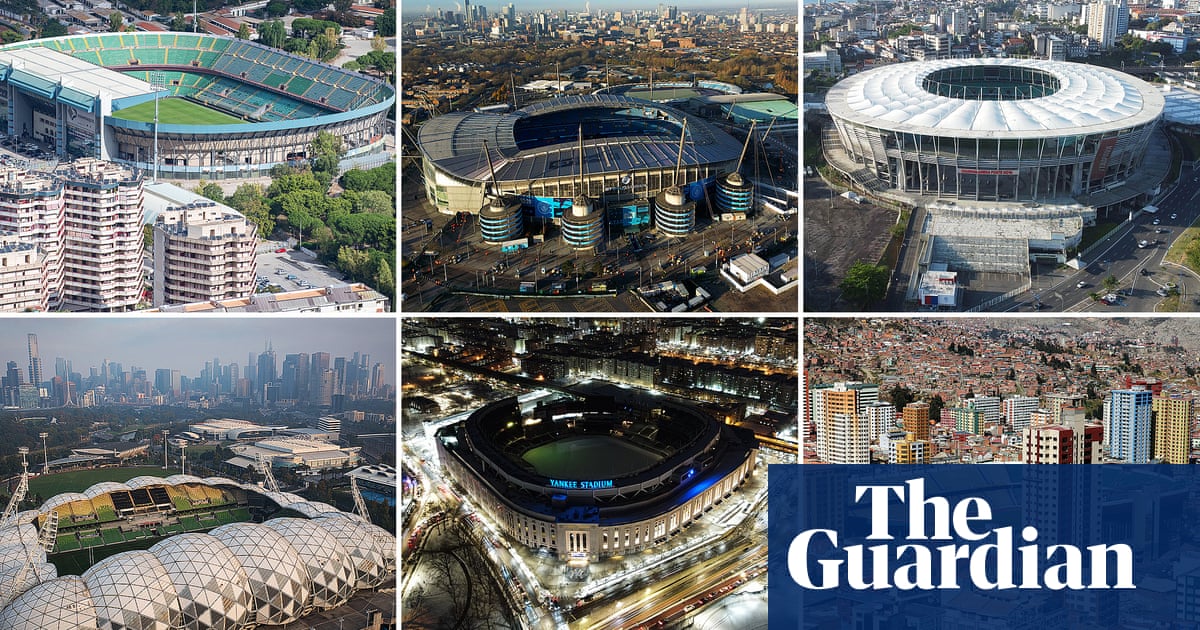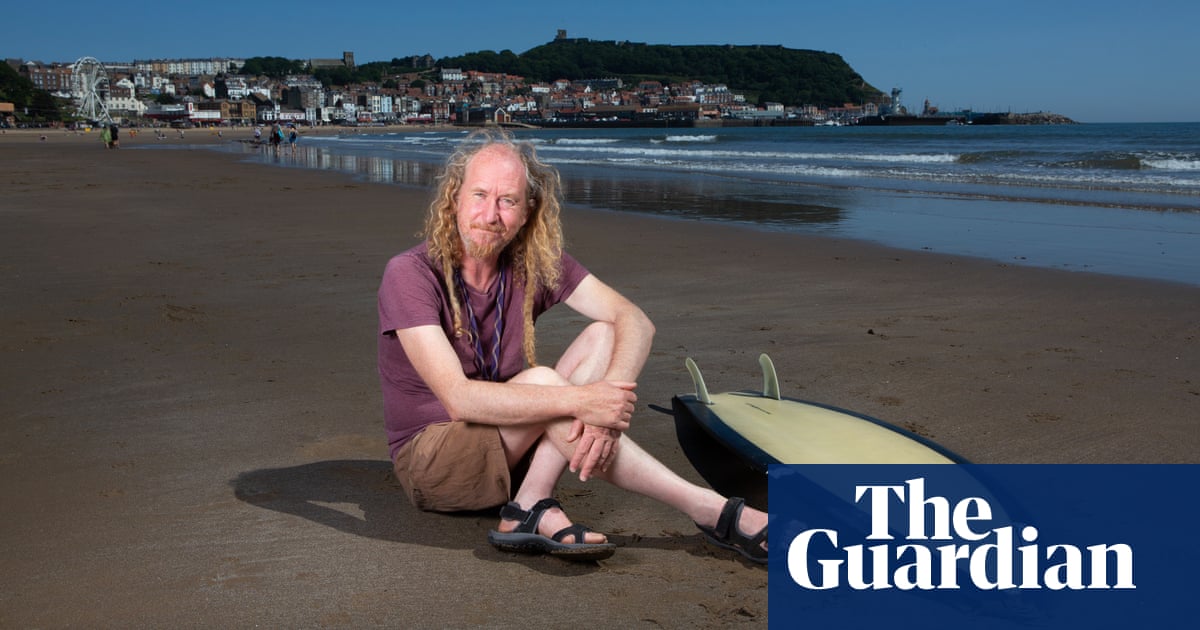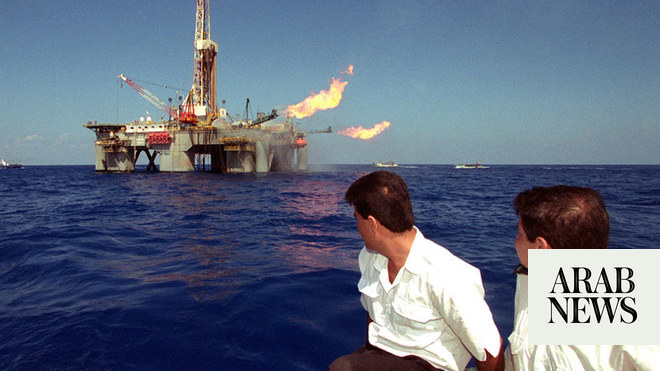
Arriving in Jerusalem with a British Parliamentary delegation last week, the latest broadside from the Trump administration against the Palestinians had just been launched. It was the most petty and vindictive yet. The family of the Palestinian Ambassador to the US, Husam Zomlot, had their visas revoked. His two young children had to be taken out of school and leave the country. Zomlot was sanguine about it, telling us that he had been expecting such a move.
Of course, this is but a footnote to the Trump administration’s onslaught on Palestinians that started with the decision to move the US Embassy to Jerusalem late last year. Since then, the US has cut all funding to UNRWA, a further $200 million in bilateral aid to the Palestinian Authority (PA), and $25 million from hospitals in East Jerusalem, as well as closing down the Palestinian delegation in Washington. Cynics point out that security funding to the PA has so far survived.
The US had been UNRWA’s main funder, donating $364 million in 2017. This, according to Commissioner-General Pierre Krahenbuhl, has left a shortfall of at least $185 million, which he will have to fill if vital services are not to be cut. Take your pick — do you close primary schools in refugee camps in Lebanon or Gaza? For Krahenbuhl, it was already an “extraordinary achievement just to ensure the schools were open at the start of the school year.” For sure, donor states had generously been dipping deeper into their coffers, but who knows what will happen in 2019 and 2020, when the spotlight is not on UNRWA?
If that was not enough, the US also decided to cut funding to Palestinian hospitals in East Jerusalem, which typically offer vital services unavailable anywhere else in the Occupied Territories. The director of Makassed Hospital, Dr. Bassam Abu Libdeh, grimly told us: “I don’t know how long we can continue like this.”
President Donald Trump was clear on his motivation. “I told them (the Palestinians), we’re not paying you until we make a deal. If we don’t make a deal, we’re not paying,” he said. It is hard to conceive of a more politicized series of actions ever taken against the humanitarian sector. This is the defunding of hospitals, healthcare services and primary education for the stated purpose of forcing the Palestinian leadership, not even to negotiate, but to kneel before the Americans. It is not even to bring the Palestine Liberation Organization (PLO) back to the negotiating table as there is no table.
One view is that the Trump administration has made US policy irrelevant; that the US is no longer an actor, having lost all leverage with the PA.
It was always nonsensical to consider any US administration as an honest broker. At best, US administrations lightly touched the brake pedal and slowed the pace of Israeli settlement colonization. The mega-settlement project of E1, to the east of Jerusalem that would split the West Bank in two and cut off East Jerusalem from its Palestinian hinterland, was a doomsday scenario for those interested in peace. Condoleezza Rice, under President George W. Bush, made clear this was a red line. With the Trump administration, such lines are not even pink.
The real US role is just to shield the Israeli government, nowadays packed with settler ministers, from any meaningful comeback from the rest of the international community
Chris Doyle
Can the US administration be marginalized? Well, it can be if you see it through the prism of a non-existent peace process or the prospect of talks. A senior PLO official told me “we have zero trust in the administration, none, and that is not going to change.”
The real US role is just to shield the Israeli government, nowadays packed with settler ministers, from any meaningful comeback from the rest of the international community. This is why US National Security Adviser John Bolton’s fire-breathing comments against the International Criminal Court are so relevant. The message is that Israel can continue to blockade, colonize, demolish and deport Palestinians at its leisure.
For Israel, questions must surely be asked. Does it really want to see UNRWA close down its services, potentially landing the resulting fallout on its doorstep? Is this in Israel’s security interests? UNRWA provides assistance for about 5 million Palestinian refugees, many of whom are totally dependent on aid. Many in Israel’s military and security systems do share these concerns, but the state’s far-right government is blinkered by its ideological extremism. The Israeli army’s chief of staff Gadi Eisenkot has warned his political masters of the risks of a violent conflagration in the West Bank.
The international community has to fight back on what is a sustained assault not just on Palestinians and the chances for peace, but also the entire multilateral system. The Trump administration’s bullying tactics may have been focused on Palestinians, but it also targets the UN and its agencies, as well as NATO and other multinational bodies. It is also viciously anti-refugee, as the reprehensible treatment of UNRWA shows, as well as the fact it is only taking in a miserly maximum of 45,000 refugees in 2018.
The Palestinian leadership is very unlikely to buckle. It has soaked up plenty of bullying before and, even if its resilience is being tested, no Palestinian leadership is simply going to roll over and sell out. The US’ starve or surrender approach is doomed to fail.
Chris Doyle is director of the London-based Council for Arab-British Understanding (CAABU). He has worked with the council since 1993 after graduating with a first-class honors degree in Arabic and Islamic studies at Exeter University. Twitter: @Doylech
Disclaimer: Views expressed by writers in this section are their own and do not necessarily reflect Arab News" point-of-view












